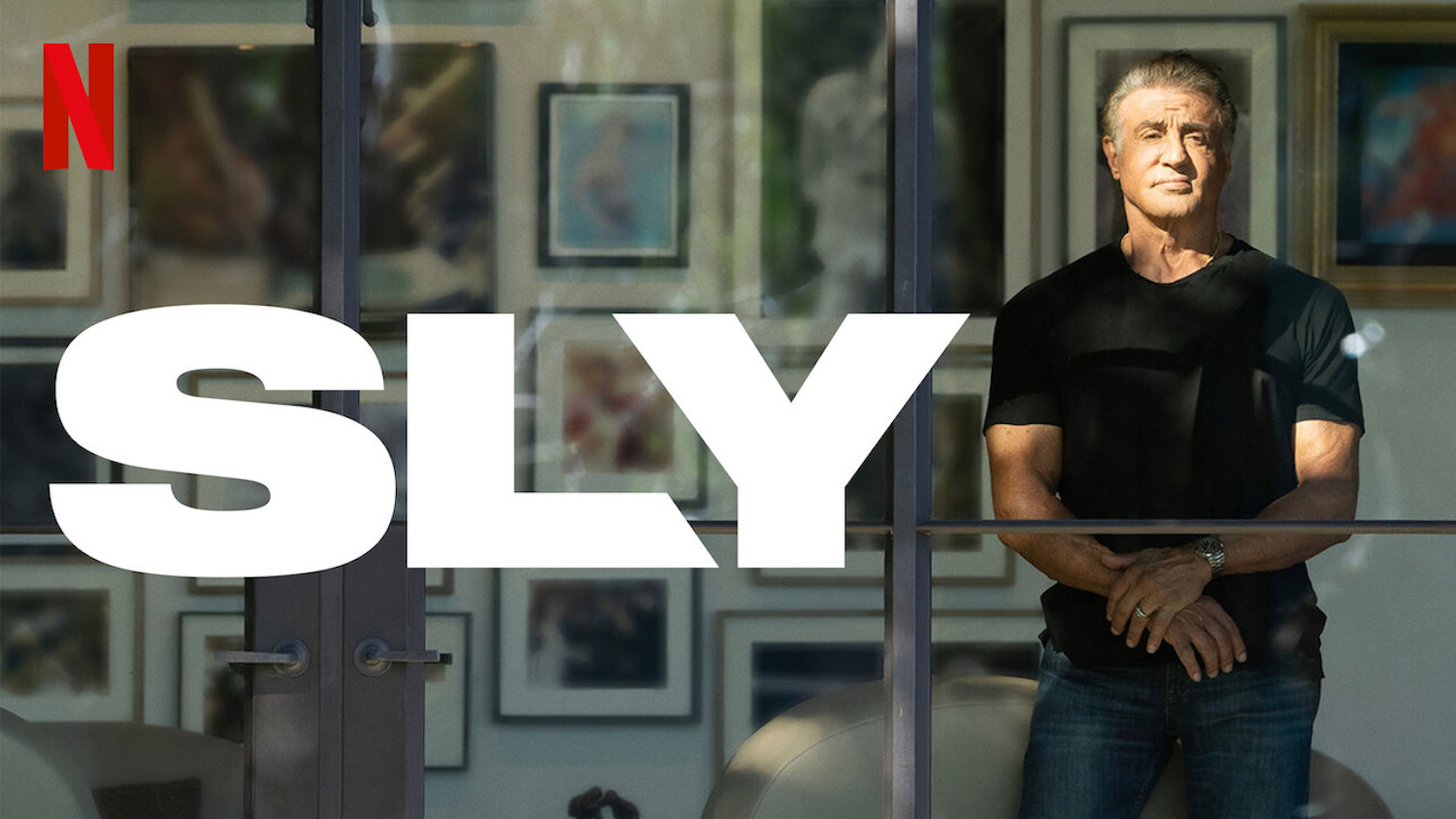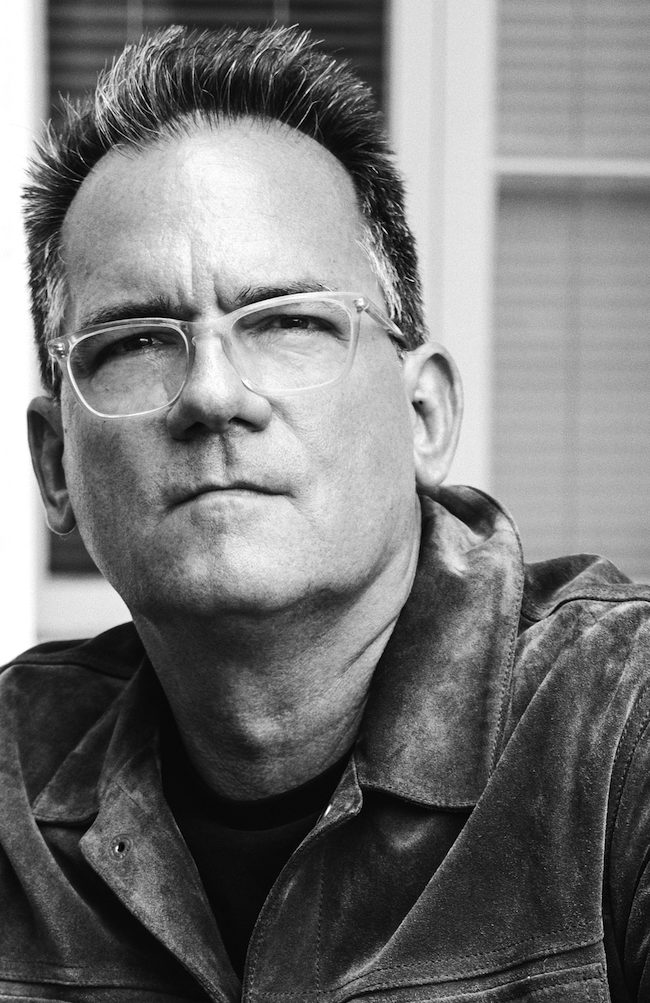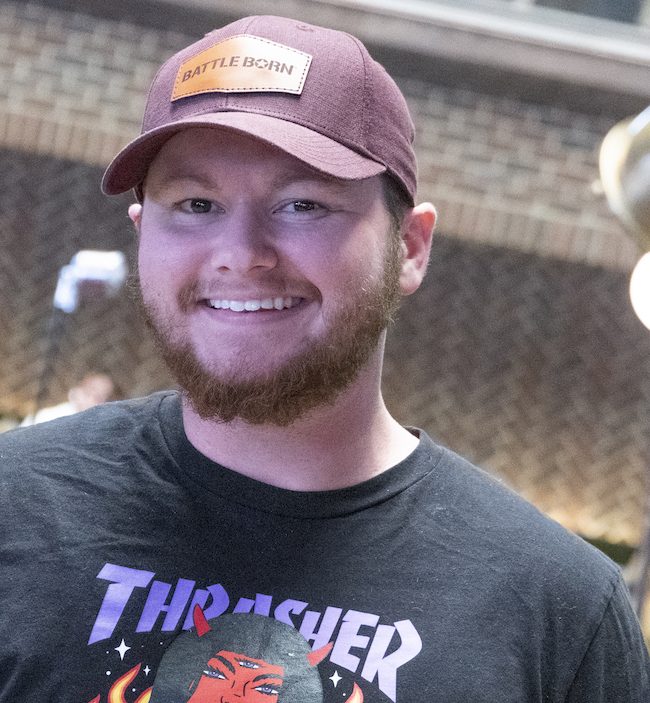
(Check out Chris Reed’s Sly movie review. The doc drops on Netflix Friday, November 3, 2023. Seen it? Join the conversation with HtN on our Letterboxd Page.)
Born in 1946, Sylvester Stallone has been a global celebrity since 1976, when Rocky, a film he both wrote and starred in, became the #1 box-office hit of the year. In the ensuing decades, he would expand that movie into a franchise, add on a new series—Rambo—and remain for quite a long time a top-earning star. As we learn in Sly, the new documentary from director Thom Zimny (Western Stars), the road to that phenomenal success was not an easy one, and even since then life has posed “Sly” (as Stallone is affectionately known) many challenges. The odyssey is deftly profiled here in a moving homage to the subject.
Earlier in 2023, the world was treated to Arnold, a three-part Netflix documentary series on Arnold Schwarzenegger. It was only a matter of time before Stallone got his own cinematic due. And given how much the two actors’ careers were intertwined in the 1980s (and since, thanks to the two of them costarring in The Expendables films), it’s appropriate that Schwarzenegger should be one of the interviewees in Sly, just as Stallone was in Arnold. But the similarities between the two treatments stop there.
For Stallone makes a far more vulnerable protagonist (though Schwarzenegger was open to self-flagellation, he still maintained a cocky edge). He reveals quite a lot about not only his hopes and dreams, but also fears. And as much of an authoritarian ass as Arnold’s father may have been, I think Sly’s own dad has him beat in terms of actual physical and emotional abuse.
Stallone is also very much a screenwriter, beyond that initial Rocky film, and a director, making him a multi-hyphenate artist. It’s easy to forget his essential creativity, given the muscular jingoism he promoted in the Reagan era. But one thing he has never stopped doing is writing, writing, writing, from the get-go. For someone known for mumbling his lines on camera (part of his appeal, if you like that), he is an extremely verbal human being.
About that speech pattern: Sly was born with nerves paralyzed on the side of his face, hence the unique voice and snarl. Other tidbits one discovers in this movie include the fact that actor Henry Winkler probably borrowed a lot of his Happy Days Fonzie shtick from Stallone, with whom he costarred in the 1974 The Lords of Flatbush (they became friends and Winkler helped out Stallone when the latter arrived in Los Angeles). Sly was also a cinephile from a young age, and because of his abusive upbringing, has had a lifelong urge to play the hero in movies, just like those in the films he adored as a kid.
Beyond Schwarzenegger (who, ultimately, has only a brief appearance), there are plenty of other talking heads who lend their expertise to the narrative. Among them are filmmaker Quentin Tarantino, film critic Wesley Morris, and Sly’s brother Frank. Everyone and everything come together to make of Sly a compelling portrait. If it veers into hagiography at times, well, that’s the hero’s journey for you.
– Christopher Llewellyn Reed (@ChrisReedFilm)
Netflix; Thom Zimny; Sly documentary movie review











